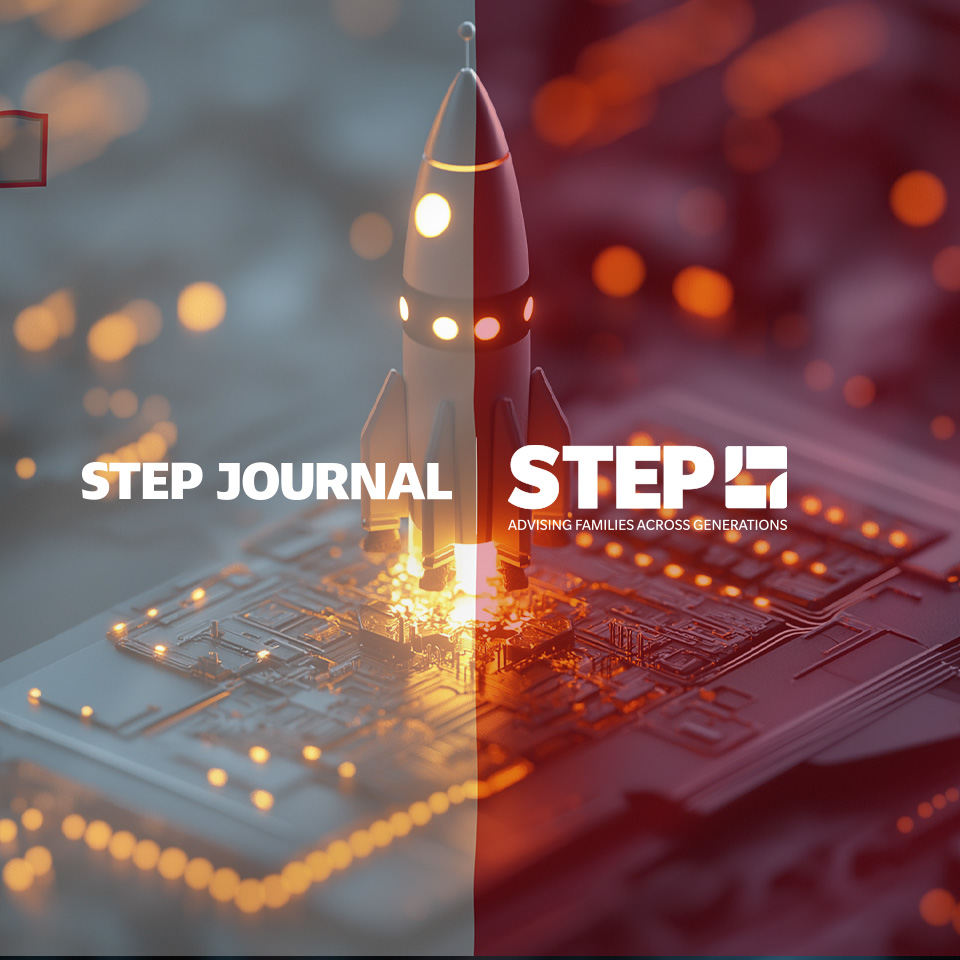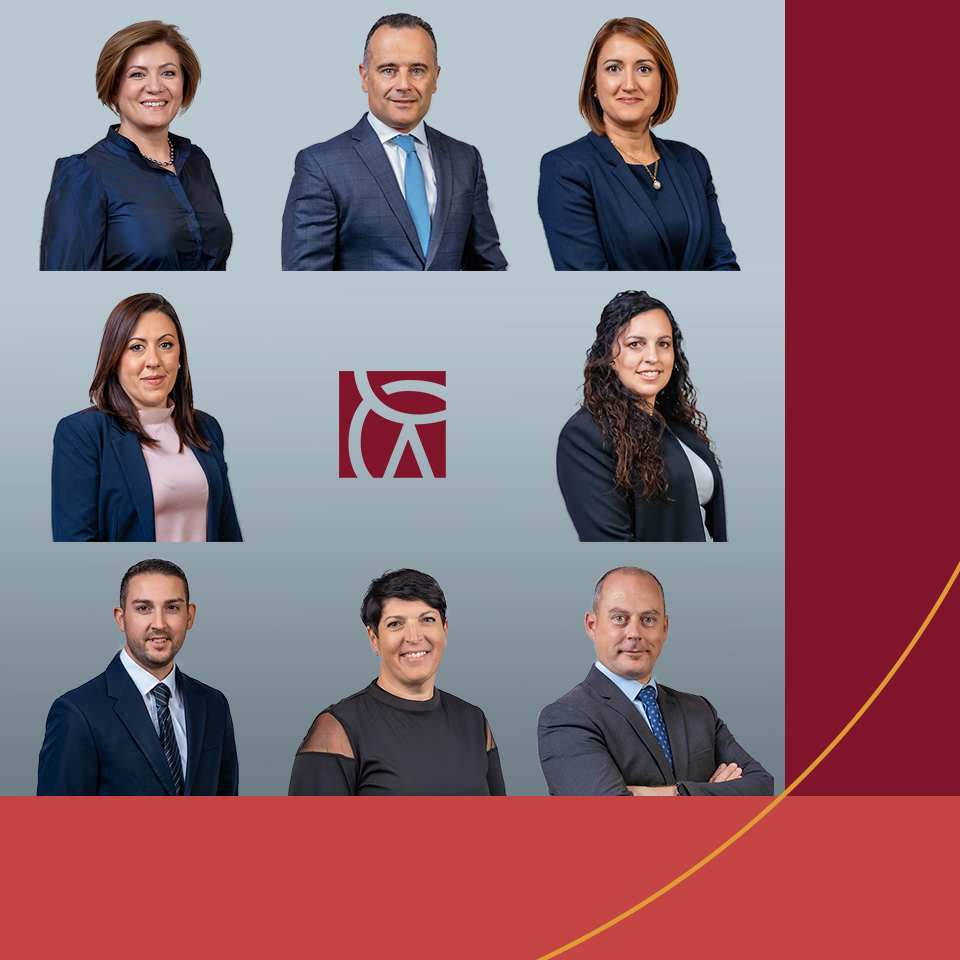Malta’s economy boasts three main ‘specialties’, namely its limestone, a favourable geographic location, and a productive and efficient labour force. Malta offers a low cost venue for manufacturing operations and a logistics hub for trade links to Europe, North Africa and the whole Mediterranean Basin. From being merely largely agricultural, Malta began its thrust to industrial development in the 1960’s. The Maltese Manufacturing industry now contributes to a fifth of the country’s GDP.
Malta specialises in the manufacture of medium and high-technology products, semi-customised small batch products, clothing, accessories & cosmetics and food. Over 22,000 people are employed within this thriving industry. Over the decades, the manufacturing industry has, to a large extent, restructured itself and is now adopting more lean approaches and processes. It also shows promise of developing into higher value-added undertakings through research & development activities and product and process (re-) design.
The Manufacturing Industry in Malta: Malta Foreign Direct Investment & Setting up a Manufacturing Enterprise in Malta
Inward foreign direct investment (FDI) flows in the manufacturing industry have increased in 2012 by a net €94.6 million when compared to the same period the year before. This inflow of FDI in manufacturing is the best result Malta has obtained in the manufacturing sector since 2004. While less notable, the service sectors of information and communication technologies have also experienced an increase in FDI.
Malta has developed an increasing number of incentives for foreign direct investment in the manufacturing industry, largely by providing access to finance. Malta Enterprise administers several industry-specific financial aids including loan interest rate subsidies to support new investment projects and loan guarantees to assist enterprises in the acquisition of capital assets. In addition, manufacturing enterprises may benefit from investment allowances of up to 50% of the cost of the plant and machinery and 20% of the cost of industrial buildings and structures, and a tax credit amounting to a percentage of the value of capital investment or the value of wages for 24 months covering new jobs created. Such percentage depends on the size of the enterprise.
Even at pre-manufacturing stage, Malta offers incentives for Research & Development. The industrial research incentive entitles a company to a tax credit for eligible expenditure incurred in the primary development of innovative products and solutions. Further down the development line, experimental development projects may be eligible for tax credits for costs incurred for subcontracted research and for the purchase of technical knowledge and patents, including the cost of material necessary for the project.
Our Malta Manufacturing Industry Team
Our firm has successfully assisted a number of medium-sized and larger corporations in the establishment of their Malta operations. Chetcuti Cauchi’s experienced team has the ability to gauge which incentives best suit the client’s requirements, thus providing our clients with the best chances for approval for financial incentives in Malta. Our legal and accounting professionals are specialized in tax and corporate matters and are well placed to guide individuals and corporations through the administrative and compliance matters imposed on them by the authorities at the inception of a project. We can also assist with any ancillary advice related to the logistical side of setting up.























